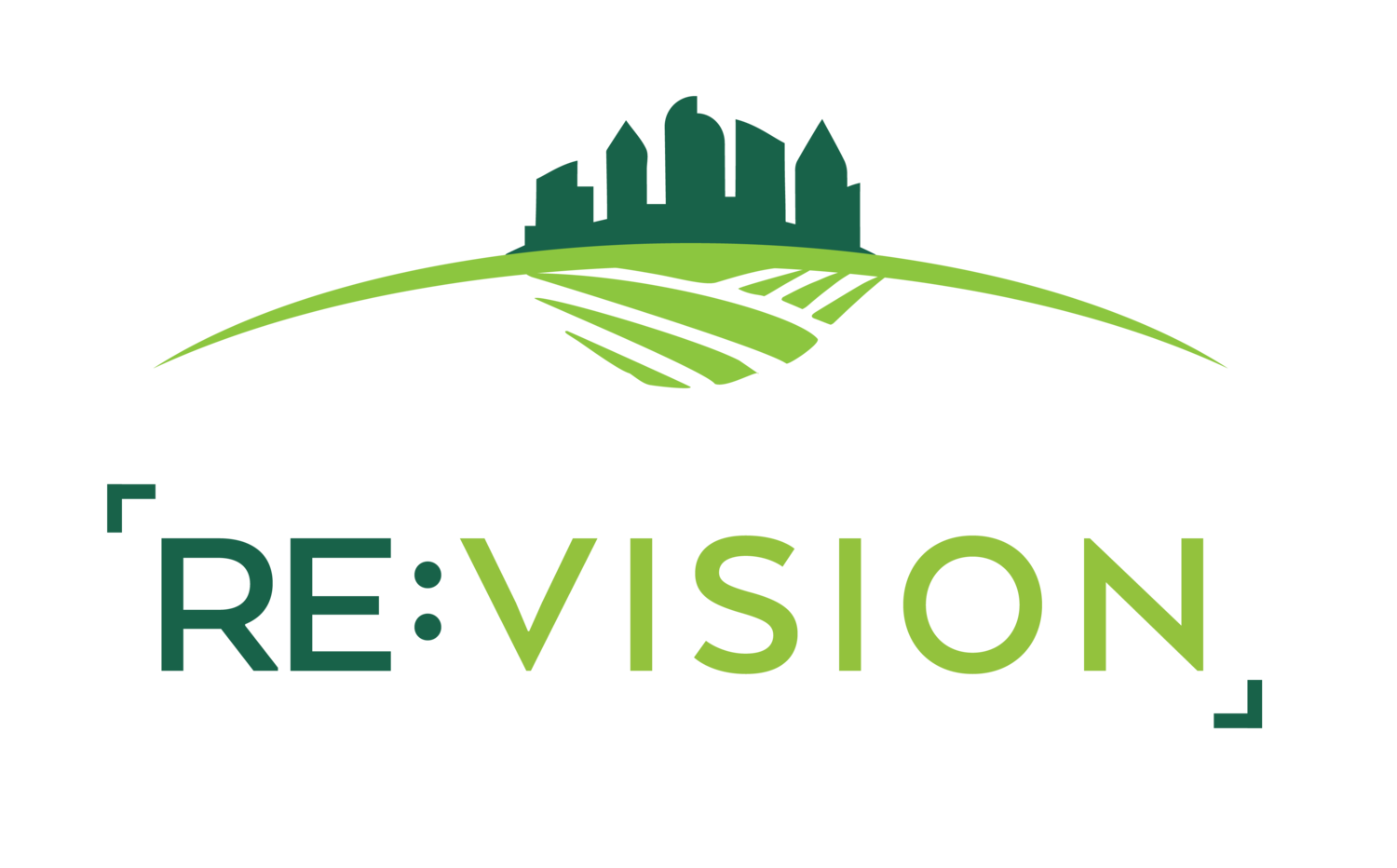From Your Garden to Your Neighbor's Plate?
Urban Ag in Denver: Zoning Codes
Are you a gardener in Denver? Did you know that it is currently illegal to sell your produce directly to consumers from your home or community garden in Denver? While Denver allows certain professions to sell products and services out of the home, fruits, vegetables and value-added items are not included within the law. At Revision, we would like to see change in the current policy that would allow urban gardeners and farmers to sell their produce on-site by allowing urban production to be classified as a Home Occupation. Other cities in the U.S., such as Kansas City, Cleveland, San Francisco, Philadelphia, Seattle and Portland have already implemented such changes, and they have greatly increased the access to organic produce for their residents. In order to continue on our mission towards sustainability and increased food security, it would be wise to implement this type of policy change within Denver. On the bright side, you can sell your produce and value-added items at farmers’ markets or even to restaurants. Interestingly, Denver’s current zoning regulations are in contradiction to the Cottage Foods Act that was passed by the Colorado Senate in 2012--let’s take a look.
Senate Bill 12-048: The Cottage Foods Act of 2012
In the year 2012, the Colorado Senate passed the Cottage Foods Act to strengthen Colorado’s local food industry by making it easier for individuals to create value-added food products from their home kitchen and sell on a limited scale to the general public. The bill allows you to produce and sell certain value-added items that are considered non-hazardous (meaning they have a low-risk of making people sick), including: teas, spices, dehydrated produce, nuts, seeds, honey, jams, jellies, preserves, fruit butter, baked goods and candies. You can even sell up to 250 dozen eggs per month! The bill also allows you to sell up to $5,000 per year for each value-added item that you produce, including variations of an item i.e. raspberry jam or blackberry jam. You are allowed to sell these items from your home provided that you complete a Food Safety Training course.
Current Policy: Pros & Cons
While the movement towards urban agriculture in Denver is progressing, several current policies are preventing it from growing further. At this point in time, zoning laws make it illegal to sell Cottage Food items through your home in Denver even though state law allows it. Likewise, if you grow fruits and vegetables at home or at a community garden, you are unable to sell your produce to your next door neighbor or to other consumers unless you do so from a non-residential site. These restrictions on home sales of produce and value-added items are especially difficult for low-income individuals and families, as the prices of permits and the distances necessary to travel to farmers‘ markets can present a challenge.
In order to maximize the potential of urban agriculture, we need to make amendments to the current codes that allow individuals and families to sell both agricultural products and value-added items from their homes. By doing so, community ties will be strengthened, and lower distances to travel to obtain food will encourage biking and walking. Although access to local food is increasing, there are still barriers between producers and consumers. In order to promote food justice and environmental sustainability, we need to close this gap, and progressive policy is the first step in order to achieve this goal. However, there are some potential negative impacts that need to be considered: Parking and noise control could become issues. However, with community agreement, we should not let these potential setbacks deter urban agriculture from reducing the distance between farm - or your garden - and your neighbors table.
Written by Austin Lear, Public Policy Intern
